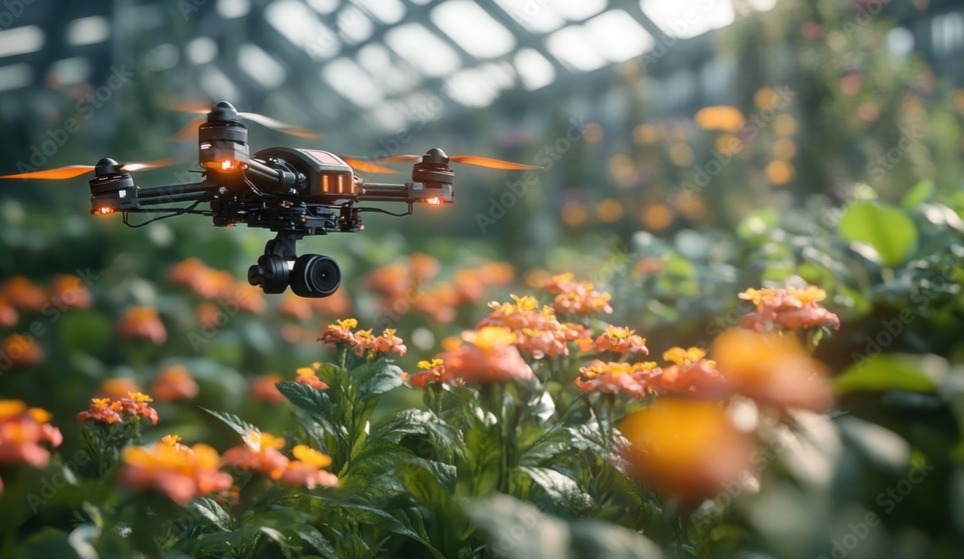Azolafam Ltd.: 7th Jan. 2025 The world is facing a pressing challenge: how to feed…
Azolafam Ltd.: 14th Jan. 2025

The agricultural industry is on the cusp of a technological revolution, and drones are at the forefront of this change. Agricultural drones, also known as Ag drones, are unmanned aerial vehicles (UAVs) designed to monitor and manage crops, providing farmers with valuable insights to optimize yields, reduce waste, and promote sustainability. In this blog, we'll explore the future of crop monitoring with agricultural drones.
The Challenges of Traditional Crop Monitoring
Traditional crop monitoring methods involve manual inspections, which can be time-consuming, labor-intensive, and often inaccurate. Farmers rely on visual observations, which can be limited by factors like weather conditions, terrain, and crop density. Moreover, traditional methods often fail to detect issues early, leading to reduced yields, lower quality crops, and increased pesticide use.
The Benefits of Agricultural Drones
Agricultural drones are equipped with advanced sensors, cameras, and GPS technology, enabling them to capture high-resolution images, detect crop health issues, and gather data on soil moisture, temperature, and other environmental factors. The benefits of agricultural drones include:
Applications of Agricultural Drones
Agricultural drones have a wide range of applications, including:
The Future of Agricultural Drones
The future of agricultural drones is exciting and rapidly evolving. Advances in technology, such as artificial intelligence (AI), machine learning (ML), and the Internet of Things (IoT), are enabling drones to become even more sophisticated and autonomous. As the agricultural industry continues to adopt drone technology, we can expect to see:
Conclusion
Agricultural drones are revolutionizing the way farmers monitor and manage their crops. By providing valuable insights and enabling data-driven decision-making, drones are helping farmers to optimize yields, reduce waste, and promote sustainability. As the technology continues to evolve, we can expect to see even more exciting innovations and applications in the future. Whether you're a farmer, agronomist, or simply someone interested in the future of agriculture, agricultural drones are definitely worth keeping an eye on.
#HealthBenefits Azolafam #AzolafamLimited #FreshFood #HealthyEating #Sustainability #AzolafamFarmerApp #ComingSoon"#NaturalSweetener #HoneyLove #HealthyEating #Wellness